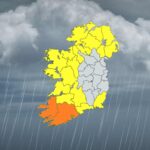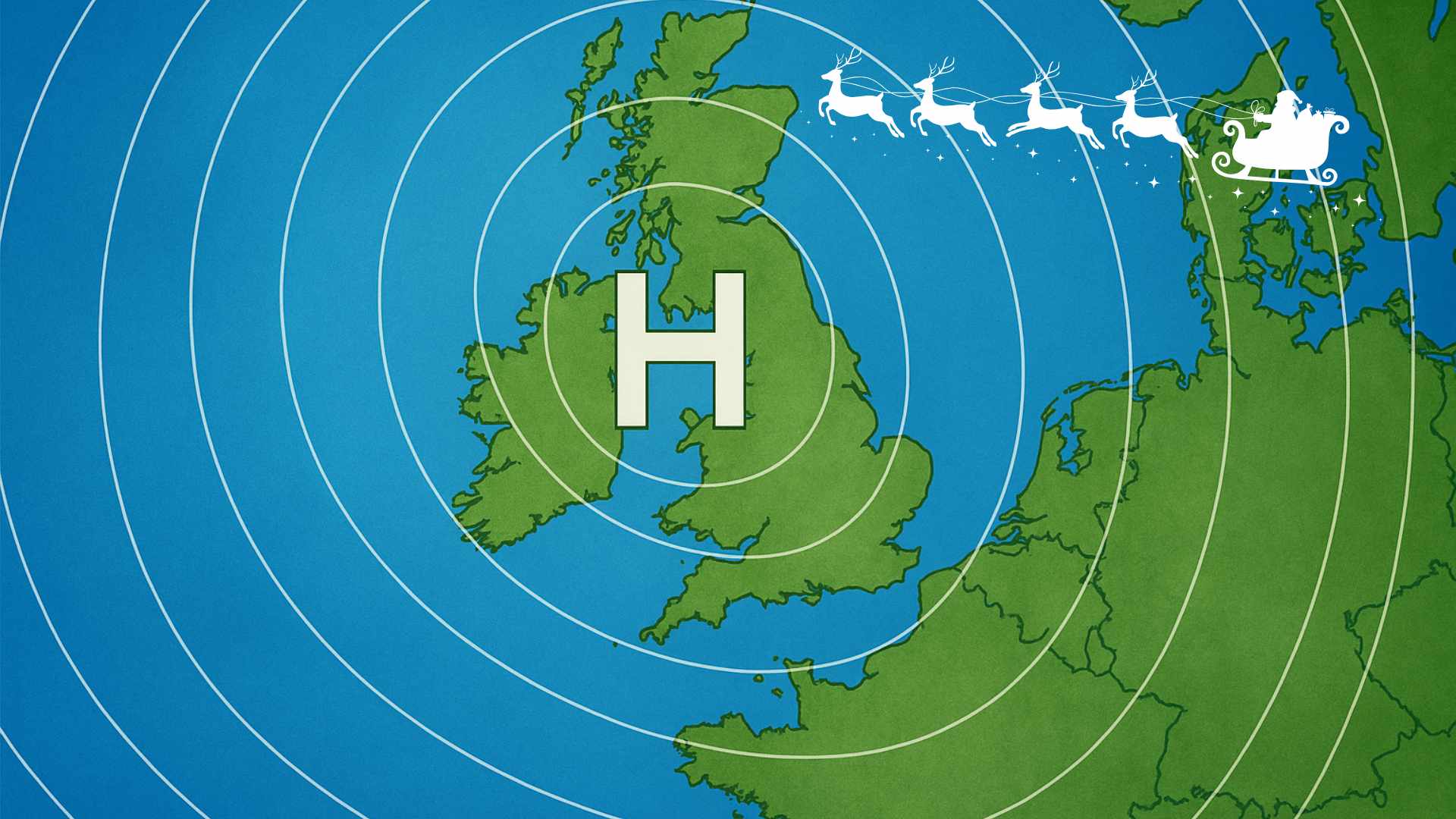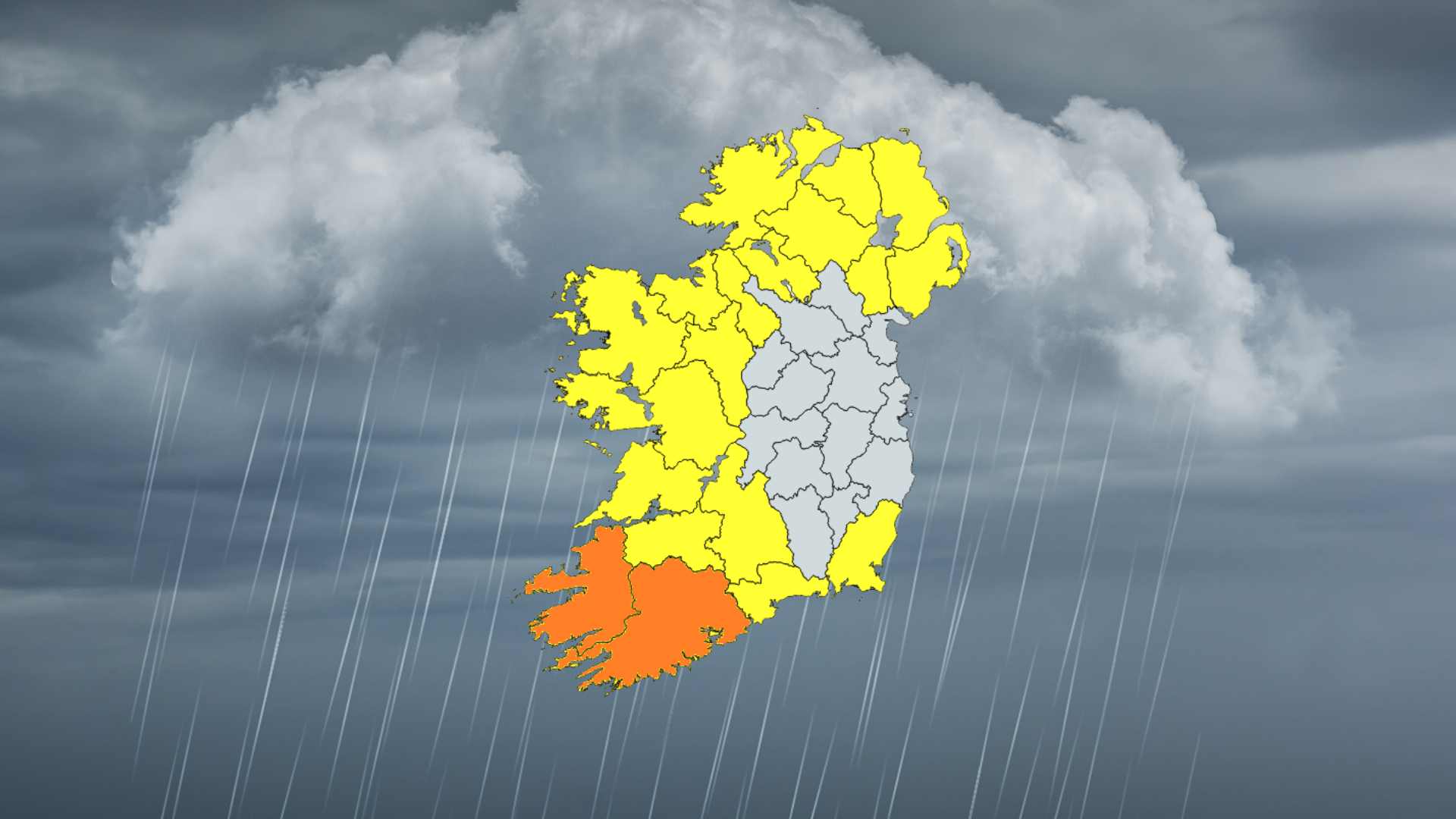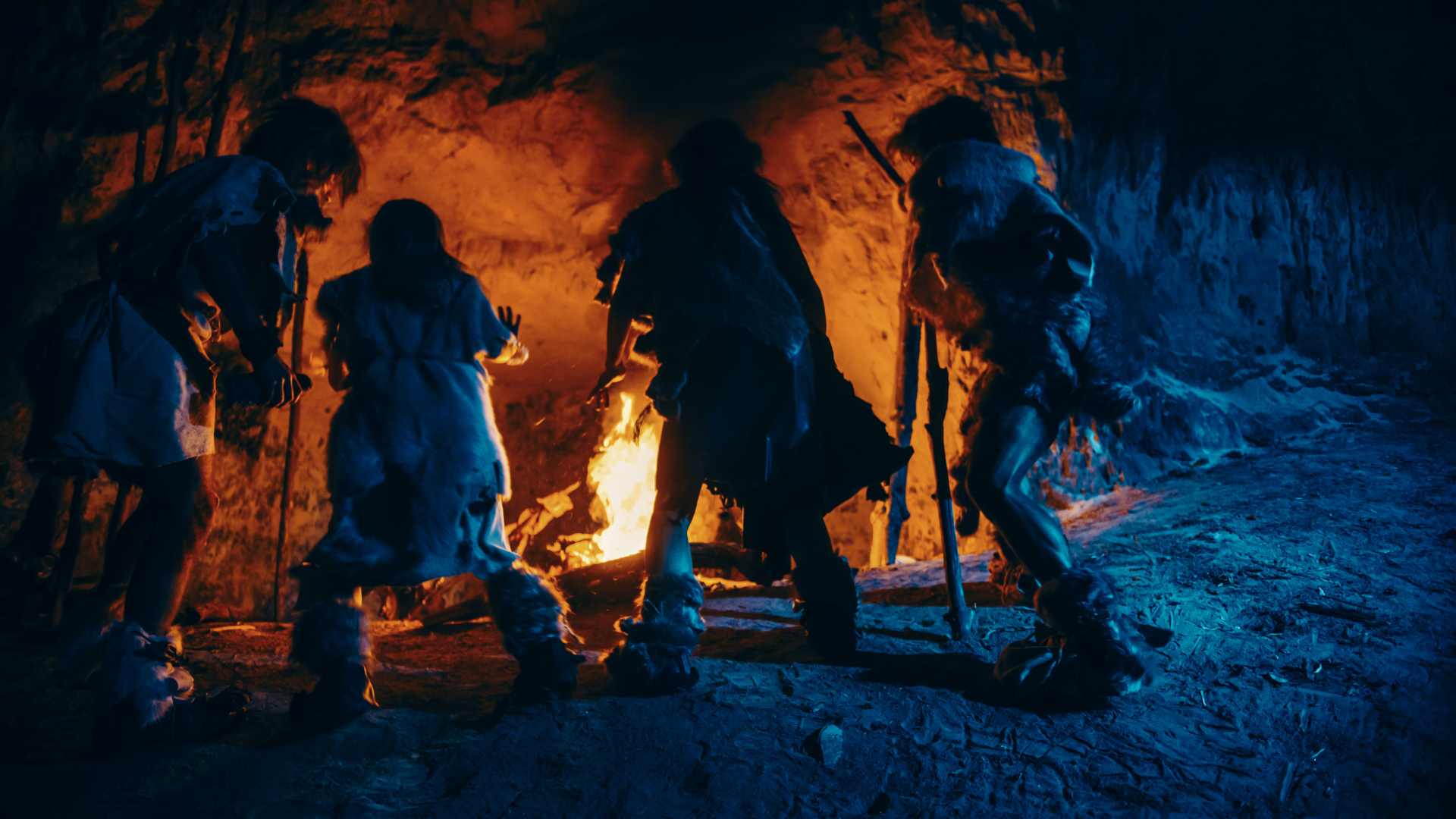
Maynooth University Rescues Africa’s Lost Weather Data

A groundbreaking Irish-led climate initiative is helping to fill crucial gaps in Africa’s weather history, with major implications for climate research worldwide.
The CliDaR-Africa project, spearheaded by Maynooth University’s ICARUS climate research centre and its Department of Geography, has taken a major step forward in its mission to recover long-lost meteorological data from some of the most climate-vulnerable regions of Africa.
In June, 15 students from the University of Kentucky travelled to Maynooth for a four-day workshop focused on digitising handwritten weather logs from Marolambo in eastern Madagascar—an area rich in biodiversity but battered by extreme weather. The records date back to the early 1950s and offer a rare window into historical climate patterns on the island.
“Madagascar is one of the countries most exposed to the impacts of climate change, but it lacks reliable, long-term climate data,” said Dr Simon Noone, Senior Researcher at ICARUS. “This project is about rescuing that information before it’s lost forever.”
To ensure accuracy, each weather record was double-keyed—entered twice by separate students—and cross-checked using Python scripts to catch any mismatches. Alongside the digitisation work, students explored Madagascar’s unique climate systems and the vital role such data plays in understanding and adapting to global climate change.
“Without these records, researchers can’t properly analyse past climate trends, test future projections, or build evidence-based adaptation plans,” Dr Noone explained. “For places like Madagascar—where rising temperatures, drought, and erratic rainfall are already hitting hard—this information is vital.”
Since its launch in 2022, CliDaR-Africa has involved second-year MU students in the digitisation of more than 450,000 individual observations across three countries: Madagascar, Guinea, and the Central African Republic. The historical datasets, once verified, will be shared with the global scientific community via the Copernicus Climate Data Store and NOAA.
Share this WeathÉire story:







